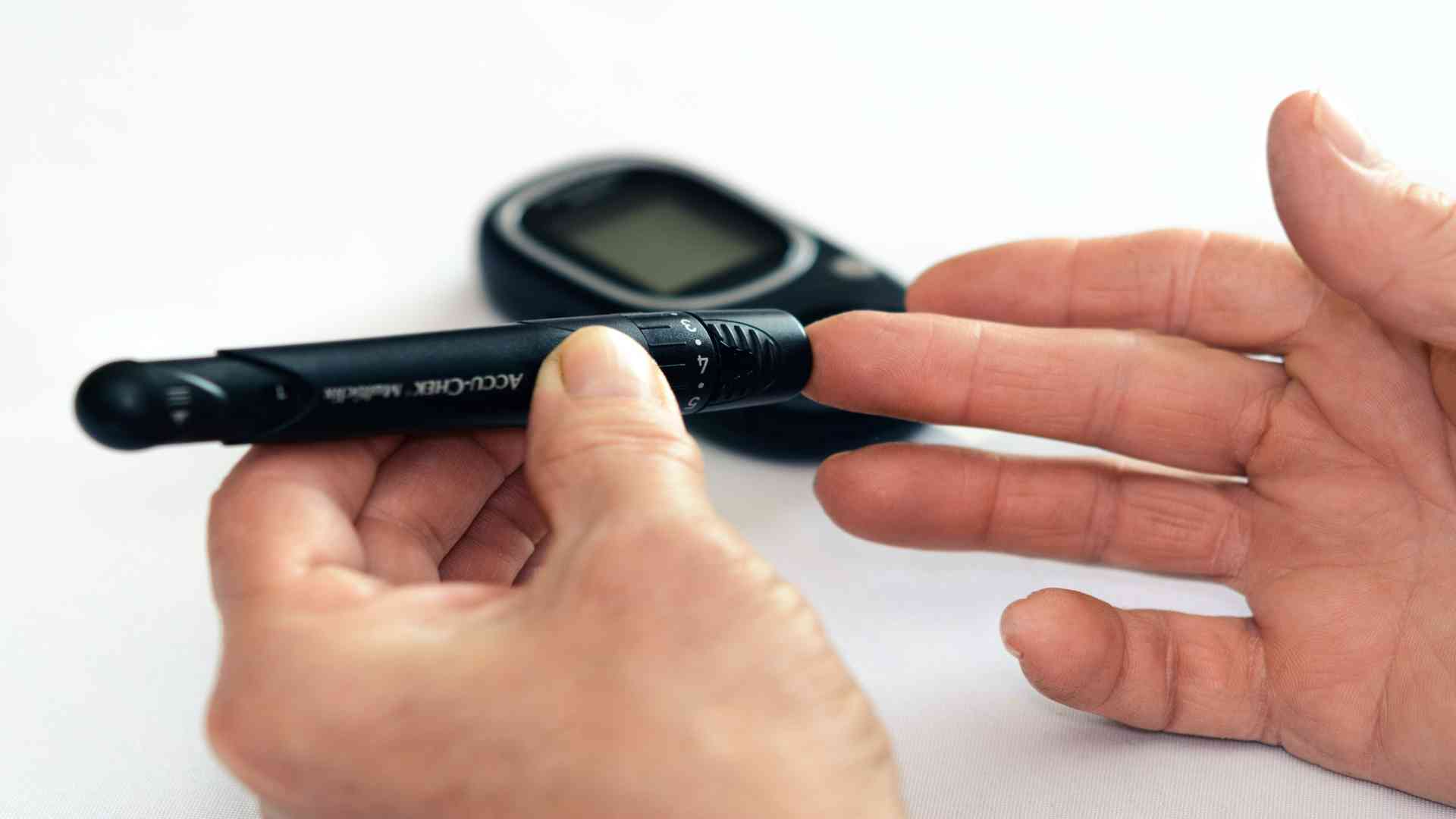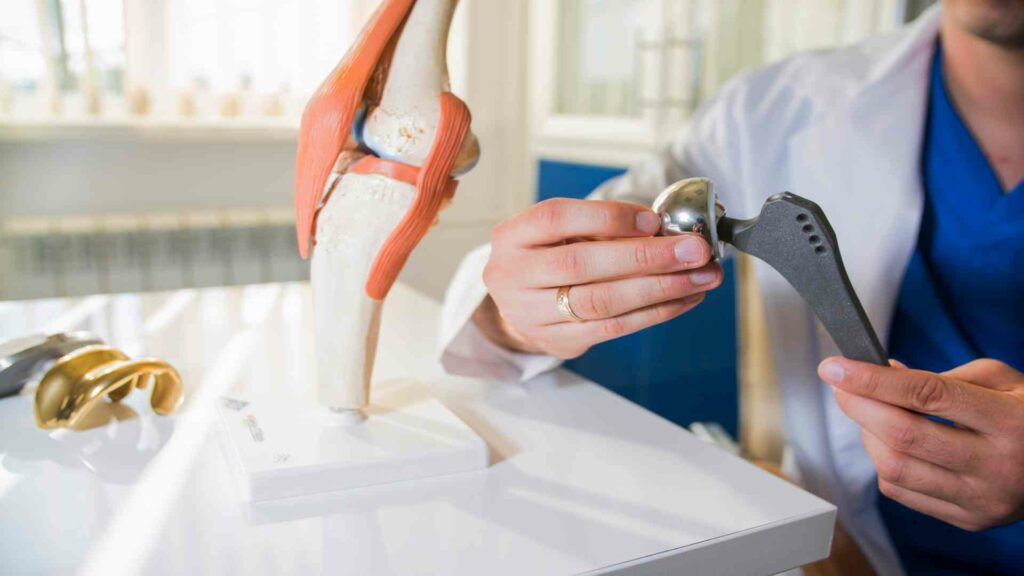The Role of Boron in Diabetes
Diabetes is a growing global health problem, affecting millions of people. It is characterized by elevated levels of glucose in the blood due to an impaired ability of the body to produce or use insulin. In recent years, there has been increasing interest in the role that trace elements, such as boron play in diabetes and its associated complications.

Diabetes
Boron and Glucose Metabolism
Boron is a trace element that has recently gained attention for its potential role in glucose metabolism. Glucose metabolism refers to the process by which the body uses glucose, a type of sugar, as an energy source. Impaired glucose metabolism is a hallmark of diabetes, a chronic disease characterized by elevated blood glucose levels due to an inability of the body to produce or use insulin effectively.
Studies have shown that boron supplementation may improve glucose metabolism and insulin sensitivity in individuals with this disease. For example, a study of rats with streptozotocin-induced diabetes found that boron supplementation improved glucose tolerance and insulin sensitivity.
Another study found that boron supplements improved glucose metabolism in postmenopausal women. Additionally, boron supplementation has been shown to reduce the symptoms of type 2 diabetes, including improved glucose tolerance and reduced fasting blood glucose levels.
Maintenance of Pancreatic Beta-Cells
Pancreatic beta-cells play a crucial role in regulating glucose metabolism, as they are responsible for producing insulin, the hormone that helps regulate blood glucose levels. In individuals with diabetes, beta-cell dysfunction is a hallmark of the disease and is often the underlying cause of insulin resistance and hyperglycemia. As such, maintaining the health and function of pancreatic beta-cells is crucial for preventing and managing this disease.
Studies have shown that boron may play a role in maintaining the health and function of pancreatic beta-cells. Boron is a trace element that is essential for the proper functioning of the body, and recent research has demonstrated that boron may have a protective effect on pancreatic beta-cells. For example, studies in vitro have shown that boron supplementation can increase the viability of pancreatic beta-cells, reduce oxidative stress, and improve insulin secretion.
Boron and Reduction of Oxidative Stress
Oxidative stress is a major contributor to the development and progression of diabetic complications, including retinopathy, nephropathy, and neuropathy. Oxidative stress occurs when the body is unable to effectively neutralize the damaging effects of free radicals, which are unstable molecules produced as a byproduct of normal cellular metabolism. Over time, free radical damage to cells and tissues leads to inflammation, tissue damage, and oxidative stress, which contribute to the development of diabetic complications.
Recently, boron has gained attention for its potential to reduce oxidative stress in individuals with diabetes. Boron is a trace element that is essential for the proper functioning of the body. While its exact role in the body is not yet fully understood, studies have shown that boron supplementation may reduce oxidative stress by improving antioxidant status.
Critical Bone Health
Bone health is a critical concern for individuals with diabetes, as they are at increased risk of bone loss and fractures. Diabetes is associated with several factors that contribute to reduced bone mineral density (BMD) and increased fracture risk, including oxidative stress, inflammation, and altered hormones. As such, it is important to understand the role of boron in bone health and how boron supplementation may benefit individuals with this disease.
Boron and its exact role in the body are not yet fully understood, studies have shown that boron plays a crucial role in bone health. Boron is involved in the metabolism of bone-forming minerals, such as calcium and magnesium, and is also involved in the formation of bone tissue.
Recent studies have shown that boron supplementation may improve bone health in individuals with the disease. For example, a study of postmenopausal women with type 2 diabetes found that boron supplementation increased BMD and improved bone quality.
Promising Future of Boron in Diabetes Treatment
While the research on boron and diabetes is promising, more research is needed to fully understand its effects and determine the optimal dose and duration of supplementation. More clinical trials are needed to assess the efficacy and safety of boron supplementation in people with this disease. These trials could compare the effects of boron supplementation to conventional treatments such as metformin, sulfonylureas, and thiazolidinediones.
Overall, boron has shown promising results as a potential therapeutic agent for diabetes, and future research will hopefully provide more concrete evidence to support its use in the treatment of this disease.





